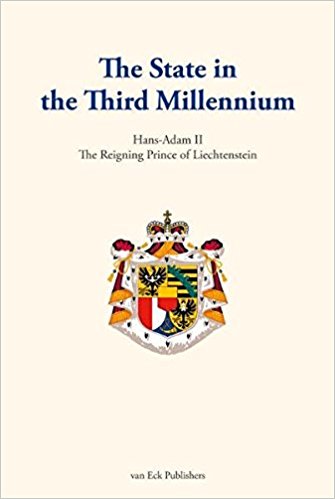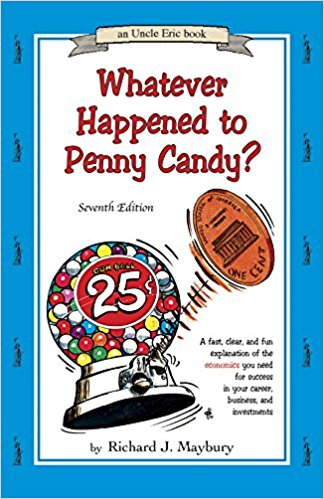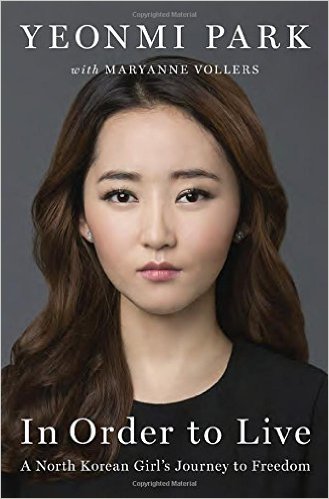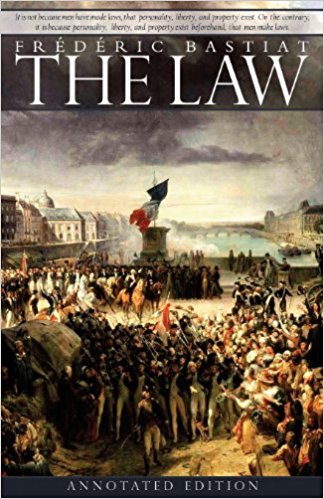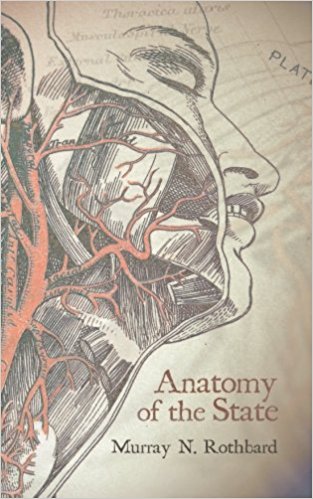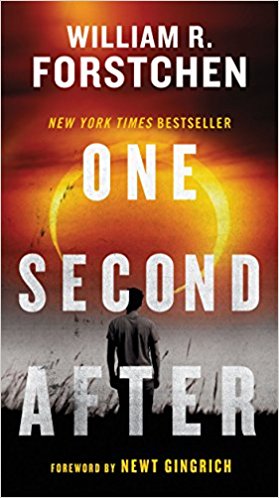It seems to me that our (US) society is developing a severe form of mental illness. It seems to be no longer possible to have a rational discussion with most people; as soon as they find out that you disagree with any single one of their policial opinions, they start foaming at the mouth and screaming at you.
For example, try saying to a conservative friend, “Gee, I don’t think we should start a war with Russia.” Response: “What??? You must be a Putin-lover! You must support killing children! You must be a Nazi!”
Or, say to your left-wing friends, “Gee, I really don’t think the Paris Accord is the best framework.” Response: “What??? You are not a believer in climate change! You support killing children! You must be a Nazi!”
So much for rational, adult debate and exchange of ideas. Now is the age of Cultural Marxism, which basically says: you belong to a team of (completely) like-minded people. People who disagree with you are The Enemy, and must be destroyed at all cost, even the cost of innocent lives. There is no reasoning with these corrupt priests of Evil; we can never understand each other and war is the only response. Shoot first, ask questions later. Guilty until, and even if, proven innocent.
Sorry, that’s not the world I want to live in. Those who disagree with me are my teachers, not my enemy.
I saw a blog once with a tag line that I really wanted to steal. It said “If everyone is thinking the same, then someone is not thinking.”
What are Nazis, Anyway?
If you ask most people what defines a Nazi, they’ll be like me and say “Well, it’s those guys we fought in WWII that killed Jews and destroyed Europe.” True enough, but what actually are their beliefs? What’s the philosophy? I did a few minutes of research and found this.
- Intense nationalism
- Police state rule
- Racial purity
- State control of education
- Basically, it appears to be fascism plus extreme nationalism and racial hatred.
Then, for kicks, I looked up fascism, because honestly, I really don’t know what it is, either. But I do now:
- All actions are for the state
- Nationalization of assets (“we know what to do with your money better than you do”)
- The needs of the state outweigh the needs of the individual
- A Great Leader, who embodies the “Will of the People.” Therefore everything the Leader does is correct (because he is the people’s “will”).
- Society is run like the military (it’s more “efficient”)
- Government and business work together (corporatism)
- Authoritarian culture
- Central economic planning
- So basically, another violent form of socialism. National Socialism seems like Fascism plus an element of racial superiority and hatred. A breakdown of the principles is here.
Libertarianism
Recently some libertarians (apologies to Europeans; what you call “liberals” we call “libertarians” here in the US) have been called fascists and Nazis. Given that libertarianism seeks always to reduce the power of the goverment, and free the individual from coercion, and abhors violence (the core principle that the entire philosophy is built on is called “the non-aggression principle”), it’s pretty clear that libertarianism is pretty much the diametric opposite of fascism or Naziism. Every single one of the core principles listed is horrifying to a libertarian. Yet some people call libertarians Nazis. It looks like the Triumph of Total Ignorance is finally at hand.
Actually, I think the modern, contemporary definition of both Nazi and Fascist is “anyone who disagrees with me on any point at all.”
Old Timey Religion
It’s bizarre to me how much the rhetoric sounds like old-time religion. Let me just pick on climate change because it’s so easy. When you say “Gee, I really don’t think the Paris Accord is the best framework,” a likely response is “Unbeliever! You do not believe in the Holy Doctrine of Climate Change! Blasphemer! You must be cast out of the community of believers, lest your evil infect the innocent!” And similarly with right-wing causes – go tell a conservative “I’m not convinced that violent illegal immigrants are actually our biggest problem,” and be ready to be the subject of an exorcism.
It makes me wonder whether humans just need that sort of mental framework – now that most people don’t really have religion as a big part of their lives, they imbue their political opinions with the same sort of moral righteousness. Honestly, I don’t know, I’ll leave that to the sociologists and psychologists.
What We Value
What is even sicker is what we get offended about and what we don’t. Let’s take a look.
| What Outrages and Incenses Us |
What Doesn’t Really Bother Us |
| Trump made fun of a woman’s looks. |
Trump gave weapons to Saudia Arabia, where a woman can be gang-raped, arrested, beaten, and forced to marry her rapist, all for the crime of leaving her home without a man. |
| Trump tried to get a 90-day ban on travel to the US from certain countries. |
The US has bombed most of those countries at some time in the last 15 years, and is still bombing some of them. |
| Impolite comments about transexuals. |
In the last 15 years we’ve killed tens of thousands of innocent civilians in the Middle East, and ignited wars that have killed millions of others, destroyed entire countries, and created millions of refugees. |
| Police shoot about 300 black people a year. |
About 50,000 black men are in jail, locked up in cages, having their lives ruined, for drug offences. |
| America has a couple hundred Neo-Nazis. |
America has 5% of the world’s population and 25% of the world’s prisoners. |
| The swastika, the symbol of people who killed about 20 million innocent people. |
The hammer and sickle, symbol of the people who killed about 100-150 million innocent people. |
| Rich people are rich. |
The Fed just orchestrated the largest transfer of wealth in history, from poor people to rich people, over the last 10 years. |
| People saying words that are on the “forbidden” list. |
Officials steal billions of dollars each year using civil asset forfieture, usually, of course, from poor people. |
| Some people don’t want to tear down a Robert E Lee statue. |
Obama, in a ramp-up of the Bush foreign policy, bombed the Middle East every single day of his 8-year term, dropped 16,000 bombs in 2016 alone, and blew up something like 8 wedding parties. Trump is doubling down and looking to break those records. |
| Climate change might cause the deaths of millions a hundred years from now. |
Millions of people are dying right now in the Middle East due to conflicts we started. |
This is not to say that the stuff in the left-hand column is excusable; but to me the stuff in the right-hand column is so much worse that it’s not even comparable.
I will ask a question: if tomorrow, Trump made offensive comments about transexuals, and also killed a thousand innocent civilians in Afghanistan, which one do you think would get the most press coverage? Where would the outrage go? Be honest with yourself. Then ask yourself, what does that say about our moral compass as a society?
Cultural Revolution
About 20 years ago, I was really interested in Chinese history and culture and I read a lot about the Chinese Cultural Revolution. This has to have been one of the most evil, most horrifying, and most despicable episodes in human history. Neighbors turned against neighbors and over a million people were killed.
For several months now, what’s been going on in the US has reminded me more and more of the Cultural Revolution. Not that we are in any sense close to the same madness, but there are similarities: beliefs are more important than words, words are more important than actions (if you save the lives of children, but then say you don’t like Mao, you are dead). Dragging people into the square for self-criticism (literally in China, figuratively here). The shoot-first, question-later mentality. Ideological purity above all else. The feeling from the revolutionaries that’s it’s ok to injure or kill innocents, as long as it’s in service of the Great Cause. People terrified to disagree with anything said, no matter how riduculous (like backyard steel furnaces – although technically, that was the Great Leap Forward).
I kept thinking that I was imagining things, but recently I heard an interview where someone said the current environment reminds him of the Cultural Revolution. So I’m not the only one. Now I’m really scared.
Death of Journalism
Have you noticed that journalism doesn’t exist anymore? For example, in Charlottesville, most reports on the incident were a couple of sentences. Then an examination of President Trump’s comments. Then review the reactions to the President, then the reactions to the reactions. Then what McCain said about Pence’s reaction to Feinstein’s comments about what Tillerson said about Trump’s comments on what they said on CNN. Then, on to the panel, who comments on the incident. Then reactions to the comments. WTF, is this journalism?
I did read one article about that incident, where the author watched and re-watched every video on the march, called people who were there, talked with independent media who covered it, talked with Charlottesville police, and refused to present anything as fact unless he could get at least two independent sources to verify it or he could verify it himself on the videos. And, the author had no apparent ax to grind, he tried to limit himself to facts. The article was quite a jolt – I’m so not used to actual old-style journalism anymore.
Conclusion
I think you can guess the conclusion to this article. If you disagree with any of the points above, then you must be…a Nazi!
